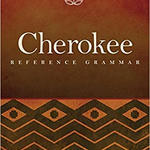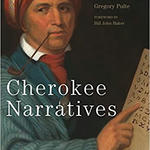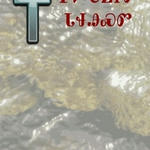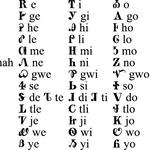
The Cherokees have the oldest and best-known Native American writing system in the United States. Invented by Sequoyah and made public in 1821, it was rapidly adopted, leading to nineteenth-century Cherokee literacy rates as high as 90 percent. This writing system, the Cherokee syllabary, is fully explained and used throughout this volume, the first and only complete published grammar of the Cherokee language.





